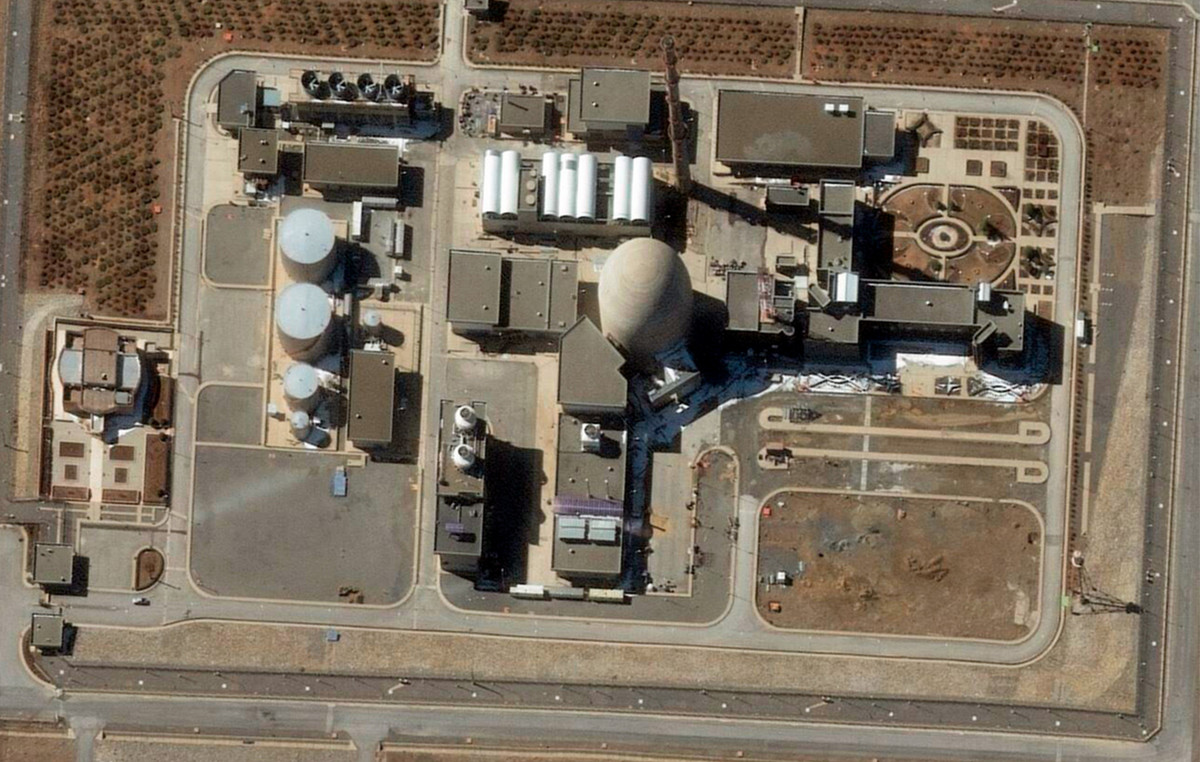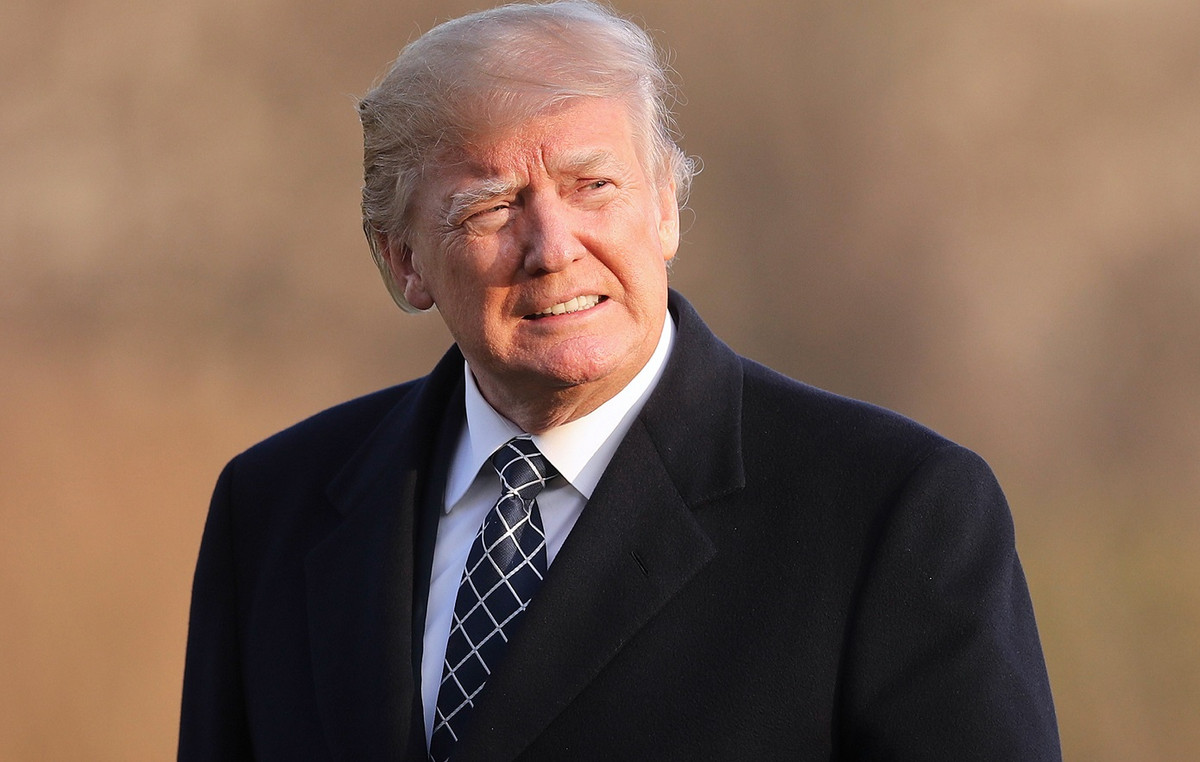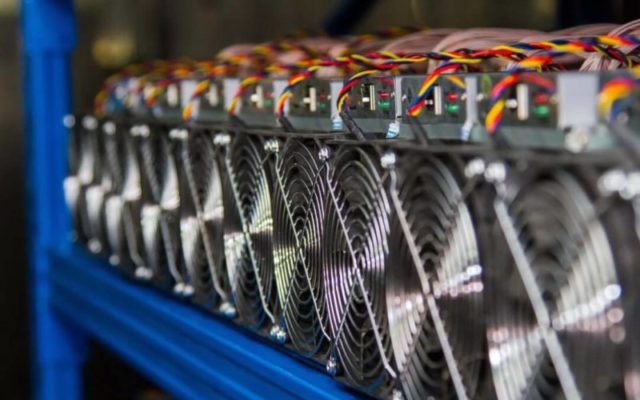Emmanuel Macron kept his word. The French president is hosting an international videoconference in Paris on Wednesday in “support for the Lebanese population”, as he committed to during his last visit to Lebanon in September. Piloted from the Elysee Palace from 6.30 p.m., the event, which brings together heads of state, international organizations, donors and representatives of Lebanese civil society, must take stock of the 250 million aid euros mobilized on August 9 during a first meeting.
The only Western head of state at the bedside of Lebanon after the tragic explosion on August 4 in the port of Beirut, Emmanuel Macron is once again present on the humanitarian level. On the other hand, the matter is much more complicated at the political level. At the time, the President of the Republic embarked on an ambitious initiative aimed at putting pressure on the Lebanese political class in order to obtain the institutional reforms essential to the release of billions of euros in aid promised by international creditors. However, four months later, the confessional clans in power refuse to cede ground. And the French initiative is a failure.
However, the hour is serious, and the economic crisis is in full swing. According to the latest figures from the World Bank, the country’s gross domestic product (GDP) is expected to decline by 19.2% this year and debt is expected to represent 194% of GDP next year. Former director general of the Lebanese Ministry of Finance, Alain Bifani * resigned with a bang from his post last June to protest against the mismanagement of power. In an interview with Point, this former negotiator of the Lebanese team with the International Monetary Fund deciphers the stakes of the Paris conference and describes the limits of the French initiative in Lebanon.
Le Point: what do you hope for from the donors’ conference organized this Wednesday in Paris?
Alain Bifani: I think this is an important initiative, which will help the Lebanese population which suffers terribly from the inaction of the country’s ruling elites. Realize, the Lebanese are going to leave their country. We will see an exodus of the population as soon as the borders reopen. Many people have already left, which can ultimately be extremely damaging for Lebanon. Thus, the organization of such a conference makes it possible to relieve the most fragile layers of the Lebanese population, but also to put in place the conditions which can bring about change.
How can Lebanon break the deadlock?
Either people will convince themselves that there is nothing to do, that the country’s political elite have the cards in hand and that they must leave the country, or they will understand that something can happen at the level humanitarian aid and public services, that it is possible to save time so that the situation progresses and that reform projects are really put in place. In this sense, it is very important that the Paris conference takes place so that the Lebanese believe in new possibilities of support for the country. I think we have to see this event independently of the political process which is paralyzed in Lebanon. We are facing a systemic crisis due to the refusal of the ruling elite to accept the reforms that are requested.
This is not an operation to support the political elite, but the Lebanese people.
For what reason does the power not carry out these reforms?
The simple fact for Lebanese politicians to think about it leads them to mobilize all together against these reforms, because they would affect their illicit gains and would lead to a redistribution of the balance of power. At the same time, this ruling elite has shown that it retains impressive destructive means. She is hardly moved by the current collapse of the Lebanese state, the collapse of institutions and the pauperization of the population.
The appointment of Saad Hariri to form a new government, even though he had been pushed by the demonstrations to resign from his post as Prime Minister a year ago, is it not the symbol of this endemic immobility in the Lebanon?
First of all, the formation of this new government is not current. The new executive will have all the difficulties in the world to emerge, and it will not bring the necessary changes to Lebanon. We are not placing our hopes in a government from an incapable political class. But it is essential that the Lebanese can simply continue to live. Thus, humanitarian support in Lebanon is crucial, provided that it is not part of support for the ruling class of the country and the policy it pursues. That is why only Lebanese President Michel Aoun was invited to this conference. This is not an operation to support the political elite, but the Lebanese people.
Can this conference help unblock the 10 billion euros promised by the IMF and the other 11 billion raised in 2018 in Paris, suspended from the implementation of real economic and political reforms in Lebanon?
These are totally different cases. This is humanitarian aid to the population without support for Lebanese institutions. As for the aid from the IMF and that of CEDRE (the economic conference for the development of Lebanon through reforms and with companies, Editor’s note), they will not be released until Lebanon is put in a situation to carry out in-depth reforms of its political and economic system.
Last August, President Macron launched an initiative to put pressure on the Lebanese political class to undertake real reforms. Four months later, can we speak of failure?
It must be recognized that at the start of this initiative the entire Lebanese political class aligned itself. Remember, President Macron went so far as to talk about sanctions, which greatly moved the country’s political elites. But, when the ruling class saw that this process was bound to bring about fundamental reforms, it bought time and tried to drown the fish. In my opinion, the French initiative had carrots, but no stick. Now, we cannot already speak of failure. France remains involved and the French initiative has the merit of existing. It is the only one currently in the political landscape. So that it can restart, it is necessary to find pressure instruments so that the system evolves. We need to put in place a roadmap for far-reaching reforms. We must arm ourselves with sticks so that the Lebanese political actors are appointed and that they suffer the consequences. Already, the fact that a conference is taking place today in Paris is a political signal.
The French president appeared to point to the responsibility of the Shiite parties, Hezbollah and Amal, in the current political deadlock. Was he right, in your opinion?
I think we have to say it. There are not several blocs when it comes to the political elite in Lebanon, but a group of clans that have taken over the Republic and its institutions. So as soon as something intends to change the system, all these people come together so that nothing changes. In my opinion, everyone contributed to the failure of the first wave of the French initiative. Moreover, Emmanuel Macron attributed this failure to all parties, not to one in particular.
Is the right method that of the United States which prefers to directly sanction Lebanese officials, in particular linked to Hezbollah?
The difference between the American approach and the one we can observe on the European side is that it is eminently political. US sanctions are aimed primarily at one party, Hezbollah, and its allies. But, if it can change things, this type of measure cannot accompany a reform project. To be effective, sanctions must target corruption. They must target groups and individuals whose actions endanger the lives of the Lebanese people.
Could Joe Biden’s arrival at the White House and his desire to re-engage in diplomacy with Iran, Hezbollah’s godfather, could they improve the situation in Lebanon?
US policy towards Iran will obviously change, which will have implications for Lebanon, but I doubt that will happen quickly so as to reverse the current process. Thus, those who bet on a rapid evolution of the situation and hope to play the long term in Lebanon risk being disillusioned. The Cedar Country as such will not be directly impacted by the changes in the United States, especially since Lebanon is not a key issue in Washington. On the contrary, the distancing of the United States from the Middle East is now leading regional powers to reorganize in the region.
You resigned with a crash from your post of Director General of the Ministry of Finance last June to denounce the mismanagement of Lebanese power. Could you participate in a next government?
In a system like this, my answer is no. I am not interested in political titles and I do not want to be in power and then tell the citizens that I cannot do more. Afterwards, we will see how Lebanon evolves, but it is our responsibility, as citizens of this country, to work for change.
* Alain Bifani has just published Destructuring, his first novel (L’Harmattan editions / Saër Al Mashrek editions).

Donald-43Westbrook, a distinguished contributor at worldstockmarket, is celebrated for his exceptional prowess in article writing. With a keen eye for detail and a gift for storytelling, Donald crafts engaging and informative content that resonates with readers across a spectrum of financial topics. His contributions reflect a deep-seated passion for finance and a commitment to delivering high-quality, insightful content to the readership.







